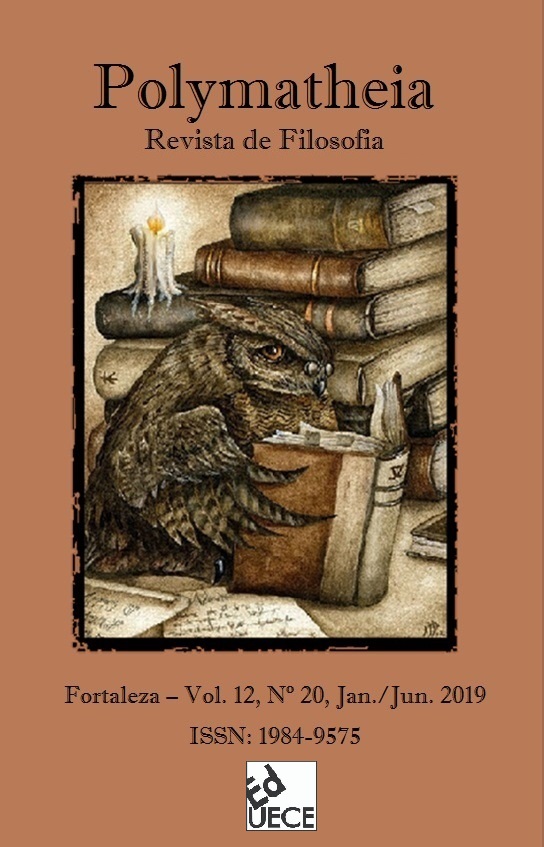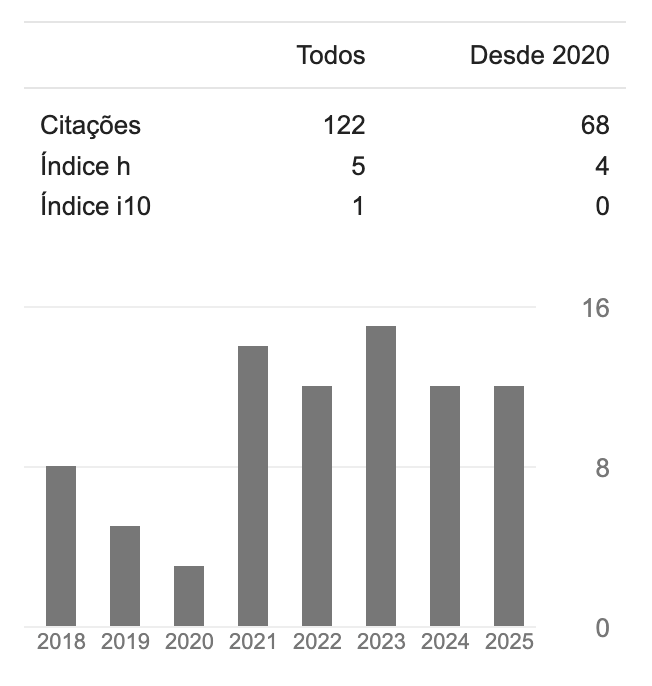WILL AND LIBERTY IN HUME AND BERKELEY
Palavras-chave:
ethics, will, libertyResumo
This paper aims to compare Hume and Berkeley’s approach on will and liberty. Berkeley defines will as a mind’s faculty, whereas Hume understands it attached to impressions. Both philosophers claim for definition as a philosophical method to enhance the knowledge of nature. The conclusion discusses determinism as attached to liberty. Since his religious commitment, Berkeley tried to turn compatible determinism and liberty. Despite the current arguments that called Hume a stringent determinist due to his aim of a Science of human nature, we state that this thesis should be revised. In other words, we can’t assure definitely Hume as a determinist (Penelhum, 1993, 243), seeing that his argument covers the possibility of liberty.
Downloads
Referências
BERKELEY, G. Alciphron or the minute philosopher, The Works Of George Berkeley,
London: George Bell and sons, 1898, Vol.II, pp.147-479
BOUVERESSE-QUILLIOT, Renée. L'Empirisme Anglais, Paris: Presses Universitaires
de France, 1997
FOGELIN, Robert G. Hume’s skepticism, The Cambridge Companion to Hume,
Cambridge: Cambridge University Press, 1993, pp. 209-238
HUME, D. Treatise of Human Nature, Philosophical Works Vol. II, Boston: Little,
Brown and Company, 1854
OLSCAMP, Paul. J. The Moral Philosophy of George Berkeley, The Hague: Martinus
Nijhoff, 1970, pp. 85-104
NORTON, David Fate. An Introduction to David Hume’s Thought, The Cambridge
Companion to Hume, Cambridge: Cambridge University Press, 1993, pp. 140
- The Foundations of Morality in Hume's Treatise, The Cambridge Companion to
Hume, Cambridge: Cambridge University Press, 1993, pp. 270-311
PENELHUM, Terence. Hume's Moral Psychology, The Cambridge Companion to
Hume, Cambridge: Cambridge University Press, 1993, pp. 238-270
TAYLOR, Jacqueline. Hume's Later Moral Philosophy, The Cambridge Companion to
Hume, Cambridge: Cambridge University Press, 1993, pp. 311-341











